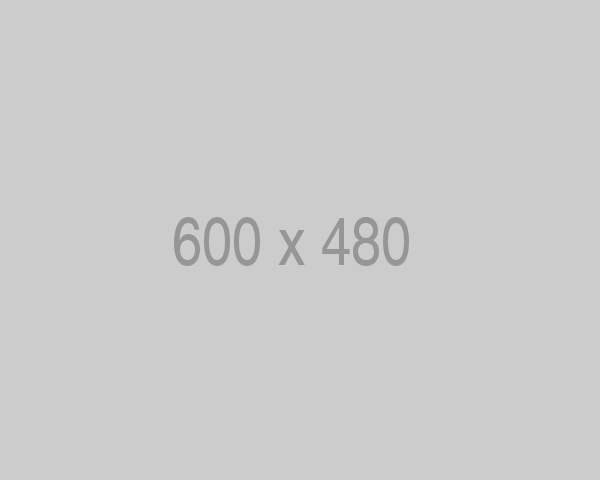Since the institution of the non-cumulative regime of PIS and COFINS by laws 10.637 / 2002 and 10,833 / 2003, respectively, taxpayers seek the expansion of the concept of inputs for purposes to enable the wide credits. Contributors the lawsuit is that the right of credit corresponds to expenses with goods and services, necessary to achieve their activities.
As it is known, however, this is not systematic applied within the scope of the non-cumulative regime of PIS and COFINS, which enables credit determination only in relation to expenses with inputs. In turn, the legislator has taxably defined the concept of inputs, enabling contribution to contributors in a limited way, basically restricting it to expenses with goods that directly compose the taxpayer's final product, as well as services applied or consumed during manufacturing.
The Federal Regional Court of the 4th Region was a pioneer by expanding the concept of inputs for crediting purposes, expressing understanding that the right to credit calculation provided by laws 10.637 / 02 and 10,833 / 03 is merely exemplary and non-restrictive / Taxative. In the concrete case, the TRF4 declared the right of a cleaning service company to establish credit with expenses with benefits data to employees.
The Court's understanding, in this case, was in the sense that there may be inputs of the activity the uniform, the transport voucher, the meal voucher, life insurance, among other benefits granted to employees, with a view to that such expenses are required for the activity of the company, that is, necessary for it to generate revenue.
Recently, on June 29, 2015, a Judgment of the Second Class of Superior Court of Justice was published, following this same line of understanding. By judging the special appeal n. 1,246,317, the rapporteur, Minister Mauro Campbell Marques, imposed the requirement of the "essentiality" of goods and services, to distinguish expenses that allow credit calculation of those who do not generate credit.
Destarte, in the understanding of the minister, can be considered input all expenditure with essential goods and service for the activity of the company. To be considered essential "it is necessary that their subtraction imposes on the same impossibility of the service or production, that is, he obstes the activity of the company, or involves in substantial loss of quality of the product or resulting service (excerpt withdrawn from the judgment of the Special Resource n. 1.246.317) ".
Applying this criterion, the special appeal of the taxpayer, in this case, a company in the food sector, being declared its right to compensate for PIS and COFINS credits, resulting from the purchase of cleaning and disinfection products and dedetization services, employed in their establishments, with a view to that are essential expenses to their productive process.
The taxpayers who tax the PIS and COFINS based on the non-cumulative scheme can seek, through the judicial route, the recognition of the right to calculate credit on all essential expenses for carrying out their activity, as well as , its right to recover the values that failed to credit, for the last five years, depending on the limitations imposed by laws 10.637 / 02 and 10,833 / 03.

